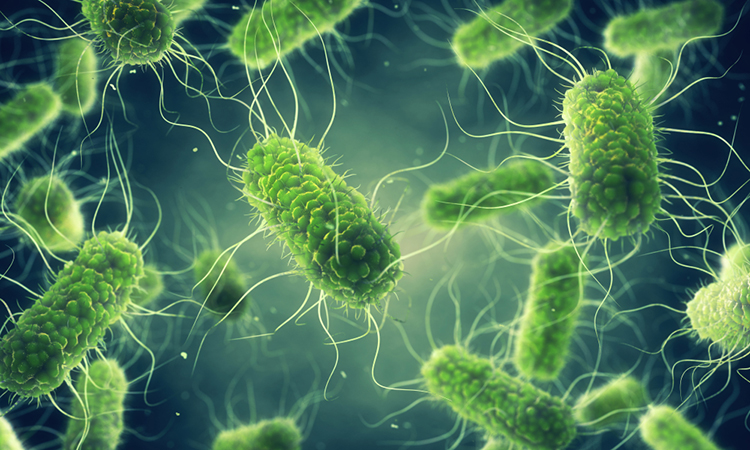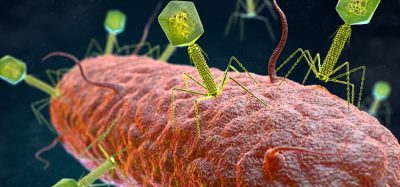Researchers use exosomes to develop potential salmonella vaccine
Posted: 10 May 2021 | Victoria Rees (Drug Target Review) | No comments yet
Exosomes containing salmonella antigens were administered to the mice, enabling the models to develop antibodies against the bacteria.


A group of researchers has laid the groundwork for a potential vaccine against salmonella and other hard-to-treat bacterial infections using exosomes. The study was led by scientists at the University of Florida, US.
“Cells communicate with each other through particles called extracellular vesicles (EVs). Think of these like molecular telephones that let cells talk to each other. We wanted to know if some of those messages included information related to immune response,” said Winnie Hui, first author of the study.
“Host EVs have not been previously studied in the context of fighting enteric bacterial infections, so that is part of what makes our approach new and adds to the field,” said Assistant Professor Mariola Edelmann, senior author on the study and lead researcher.
The team hypothesised that a specific type of EV called exosomes were part of the immune response against salmonella and may one day hold the key to developing a vaccine. To test their idea, they took exosomes from white blood cells infected with salmonella. Inside those exosomes, they found salmonella antigens, parts of the salmonella protein known to trigger an immune response. Next, the researchers wanted to know if these exosomes might function as a vaccine.
“We put the exosomes in ‘nanobubbles’ that mice inhaled. Later, we ran tests to see how their immune systems responded,” said Lisa Emerson, one of the study’s co-authors.
The researchers found that after they introduced the exosomes containing salmonella antigens to the mice, the exosomes localised to tissues that produce mucous, activating specific cells at these sites. Weeks later, the mice developed antibodies against salmonella and specific cellular immune responses, which typically target this bacterium for elimination.
“There are two types of immune responses generated when our bodies encounter a pathogen. The first one is called innate immunity, which is an immediate response to an infection, but it is also less specific. The other response is called adaptive immunity and this protective response is specifically tailored to a given pathogen, but it also takes longer to develop. Exosomes generated by infected white blood cells stimulated both of these responses in animals,” said Hui.
While these results show promise, the researchers say more research will be needed before we have a salmonella vaccine that works in humans.
“Our study has identified a novel role of exosomes in the protective responses against salmonella, but we also think that exosomes can find broader applications for other intestinal infections and beyond,” Edelmann said. “Exosomes have this unique capability to encapsulate precious cargo while enabling its targeted delivery to tissue of interest. For many conditions and infections, this precise delivery of therapeutic payload is what makes a difference and we are currently also evaluating exosomes in delivering cargo to other tissues of choice.”
The study was published in PLOS Pathogens.
Related topics
Immunology, In Vivo, Microbiology, Molecular Targets, Vaccine
Related conditions
Salmonella
Related organisations
Florida University
Related people
Assistant Professor Mariola Edelmann, Lisa Emerson, Winnie Hui








